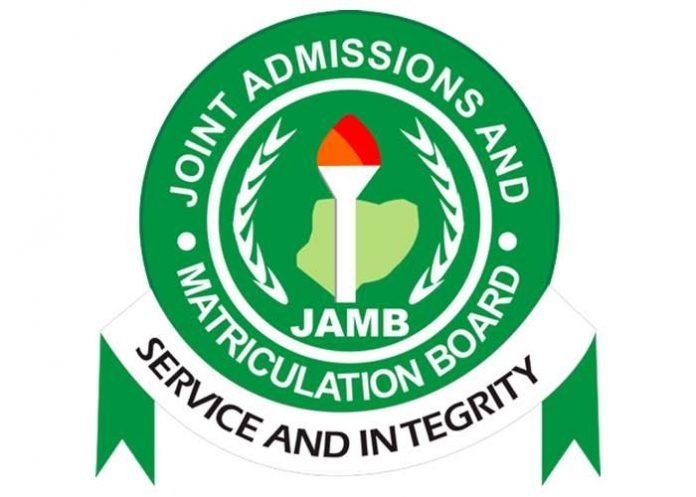The Joint Admissions and Matriculation Board (JAMB) has released new admission guidelines to candidates seeking admission into higher institutions of learning in the country.
Professor Ishaq Oloyede, the registrar of JAMB, presented the new guidelines to all heads of tertiary institutions at the 2018 policy meeting of tertiary institutions.
The meeting was held at the newly completed 4,000 capacity Bola Babalakin Auditorium, Gbongan, Osun State.
Also in attendance at the meeting was Mallam Adamu Adamu, the Minister of Education, and other stakeholders in the education sector.
Presenting the new guidelines at the meeting, Professor Oloyede said there was an improvement on policies and process put in place by JAMB to ensure hitch-free admissions for the 2018 academic session.
He explained that there had been an expansion of e-selling points mobile money operators, online payments, PoS and Automated Teller Machines (ATMs).
Oloyede maintained that for the first time, examination centres could be monitored in real time from the JAMB headquarters, thereby minimising incidents of fraud.
He also said exams were now being synchronised to ensure they began and end at the same time across the country.
Meanwhile, the Federal Government has demanded integrity from managers of tertiary institutions in the country, saying evidence abound of leaders of educational institutions not carrying out their job with integrity.
He stressed that some of them carried out their duties with full understanding and knowledge that their actions could not stand the test of integrity because of their endorsement or approval of some infractions.
Concerning the new guidelines, Professor Oloyede said measures had been put in place to ensure that blind candidates were not disenfranchised while the fees for foreign students had been reduced from $120 to $20.
According to him, “The central admission system which was designed and deployed in 2017 is helping to ensure a seamless admission process, including managing the process of admission for candidates who don’t get into their first choice universities without them paying any extra fees.
“Security features, including watermarks, barcodes, and reference numbers are also to be used to ensure the detection of fake results and admission letters.”
He said JAMB had also launched a mobile app called JAMBMOBILE to aide candidates.
The application, which can be easily downloaded to a phone, can be used to check the status of an application, check matriculation status, accept or reject admission.
The minister appealed to leaders of educational institutions in the country to imbibe transparency, honesty, sincerity, equity, loyalty, integrity, and commitment to nation-building as cardinal principles in their organisations.
“Some of you carry out your duties with full understanding and knowledge that some of your actions cannot stand the test of integrity, as some of the infractions you endorse and approve are irregular,” he said.
He said documentary evidence of some of the irregularities included irregular admissions, skewed fees, and refusal to adhere to policy decisions.
He urged all stakeholders to “ensure compliance with all policy directives in the interest of the nation’s educational development”, noting that violations of the guidelines would not be tolerated as appropriate sanctions would be meted out to violators.
In his welcome speech, Wale Babalakin, the Pro-Chancellor of the University of Lagos, who built the Bola Babalakin Auditorium, said he was motivated by a desire to provide an environment conducive to serious intellectual work.
He said it was his belief that Nigeria would only achieve its full potential when the aggregate of their intellectual capacity was developed and harnessed appropriately.
“We cannot achieve our full potential if we do not reward competence and hard work and simultaneously punish bad behaviour,” he said.









